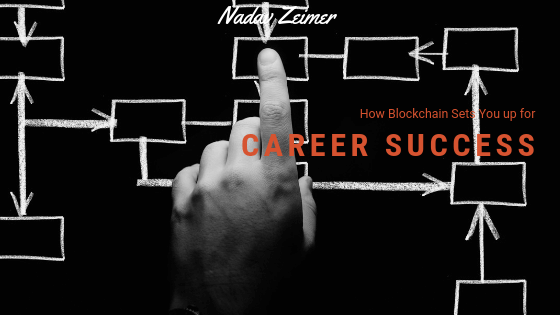Blockchain, blockchain, blockchain. If you spend any time reading about news in the technology sector, it’s a word you’re very familiar with. While it is overhyped relative to the utility currently online, the technology will have a lot of long term applications well beyond finance. The cryptographic ledger allows for trust in data accuracy between parties that have no reason to trust each other. This allows for new business opportunities where previously an intermediary like a lawyer would be required. This elimination of a “trust” certifying party allows “the crowd” to participate in business functions like R&D. This will revolutionize how business intelligence is built. The only problem is that there are not enough engineers to build all the infrastructure for these future applications.
During the ConsenSys Conference in New York, I joined a conversation with participants who were in town for the event. I had intended on just listening in, being that I had no blockchain startup of my own. When I introduced myself as a high school administrator, the introductions were sidetracked by all the members who wanted to offer me volunteer mentors to help students become blockchain engineers. They were desperate for engineering talent and the idea of working with high school students so that they could recruit the best and brightest to their teams right after high school was clearly an urgent concern.
For those in the technology field who are willing to expand their skills into blockchain, the jobs are in high demand. According to TechCrunch, for every one blockchain developer are 14 open jobs. Because there are few people to fill positions, blockchain developers draw high salaries. Developers who have three to five years of experience can make up to half a million dollars a year. That being said, coding on a blockchain project can be stressful for these reasons, among others.
Because there are many online continued education opportunities to learn blockchain, it’s an easy skill for anyone to learn. You can find both free and paid online classes to learn more about blockchain. With so many places to learn about this technology, you can educate yourself on the topic and begin searching for jobs in the field.
Blockchain also gives employees the opportunity to verify their educational background and employment history. Using blockchain, job seekers can first verify their identity, build up their base of credentials and then have those credentials verified by a third-party. This will prevent candidates from lying on their resumes, which 75 percent of human resources managers said they’ve caught job seekers doing.
Some startups believe that blockchain can improve the job recruitment and hiring process beyond simple credentialing. Blockchain’s decentralized ledger can be used to bring a higher level of trust and high-quality information to the hiring process. Hiring managers and recruiters would be able to access the profiles of job candidates and see a list of their verified information. The more verified information a candidate had, the higher their profile would rank.
By familiarizing yourself with blockchain, you can use the technology to help secure an in-demand job in the field, or a job in your current field, where hiring managers can trust that the information you present them about yourself is accurate.

